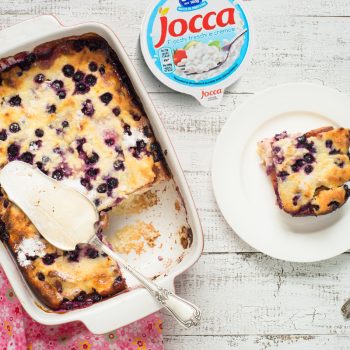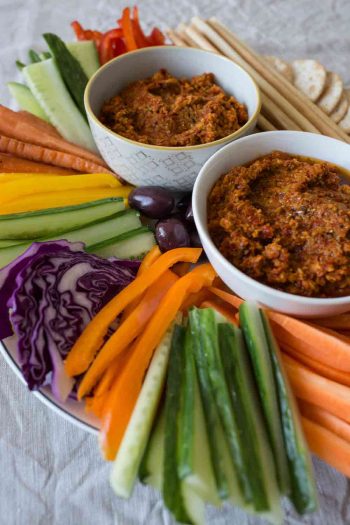Sensationalised nutrition headlines are everywhere, leaving consumers confused and overwhelmed at supermarkets, restaurants and even in their own kitchens. Referred to as “sound-bite science,” much of the media reporting simplifies, sensationalises and tailors headlines to get clicks or tune-ins. As a result, consumers may miss critical information about the studies themselves. With almost 50% of consumers trusting media statements on health benefits in food, it is increasingly important for health professionals to assist consumers in reaching fact-based conclusions about new science.
Here are five nutrition myths you might have read or heard about that deserve a second look:
1. “Natural” is healthier: Just because a product is claiming to be “natural,” doesn’t necessarily mean that it’s healthier. There is no universal definition for the term, making it even more important for consumers to view the nutrition facts panel and ingredient list for information rather than relying on product claims.
2. High fructose substitutes are better than sugar: High fructose corn syrup, for example, is nutritionally equivalent to sugar and has the same number of calories. There is no credible scientific evidence that any one single food or ingredient, including sugars and sweeteners, is uniquely responsible for health ailments. The focus should be on how all foods fit into a healthy diet rather than singling out particular ingredients.
3. Saturated fat is OK: Saturated fat has made something of a comeback due to new research that found no evidence of saturated fat’s association with heart disease. What didn’t make the headlines was the importance of looking for healthier alternatives based on the scientific evidence which has found that replacing saturated fats with polyunsaturated and monounsaturated fats reduces total and LDL cholesterol. Bottom line: try replacing saturated and trans fats with foods high in unsaturated fats, such as olive oil, nuts and avocados.
4. Eating at night contributes to weight gain: Scientific research shows that calories are calories. Timing of caloric intake is less important than total daily calories, just ensure that you have fully digested your meal before you go to bed. Balance your food groups: enjoy your favorite foods, but practice moderation when eating foods that are higher in calories. And remember to exercise.
How can you tell if a story in the media is accurate or not? Here are some tips:
- Consult a registered dietitian nutritionist (RDN); they possess an extensive educational background in science and are a great resource for debunking nutrition myths.
- Find the actual research study itself and review the full article instead of relying on someone else’s interpretation.
- Ask yourself if a reporter is sensationalising an article and creating food myths by making sweeping claims about a specific ingredient. If you are not convinced about the authenticity of the claims, do your own research from other sources.
The constant stream of information from innumerable media sources makes it difficult to separate fact from fiction. These tips will help you to cut through the clutter and become a more informed consumer.
Did you find this article useful? Leave your comments below and please rate and share to help us bring you more of the articles you enjoy reading.



















